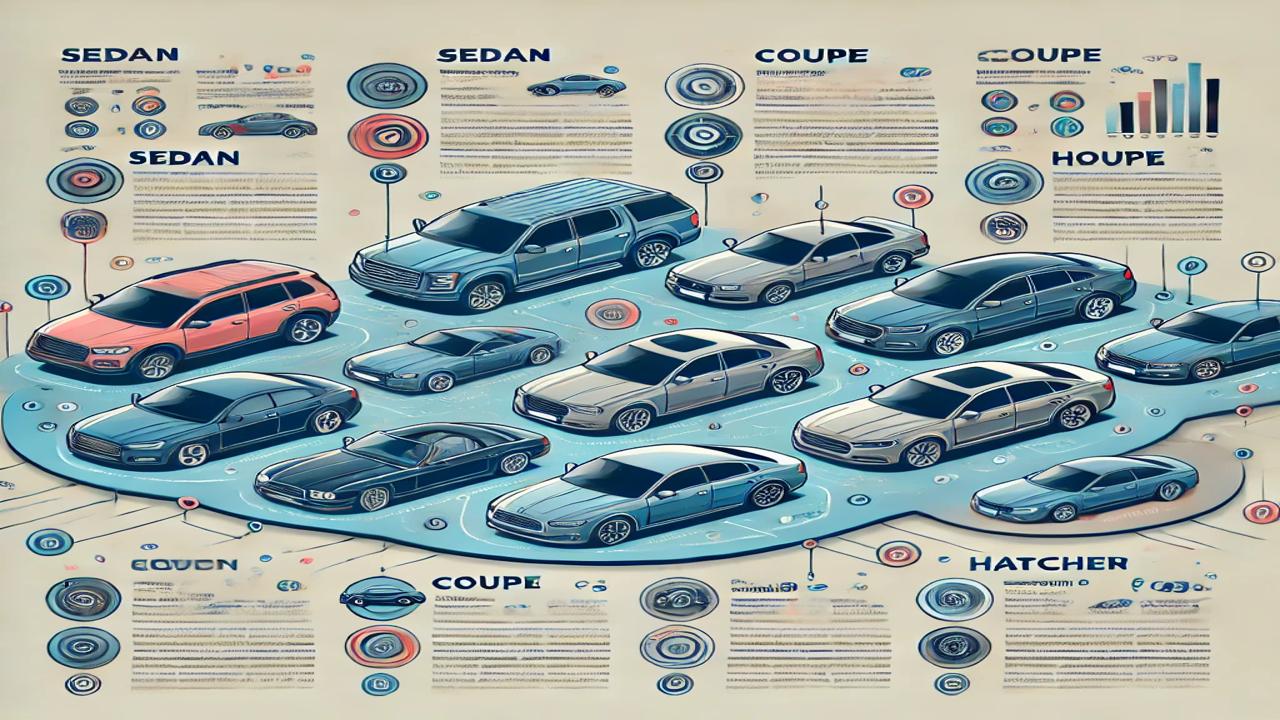What is Vehicle Classification?

Vehicle classification is the process of grouping motor vehicles based on their characteristics. This process takes into account factors such as the type of vehicle, its usage purpose, size, engine power, and more. It helps both commercial and individual users to better understand vehicles and make selections based on their needs. Vehicle classification also plays an important role in areas such as traffic regulations, tax policies, and insurance.
Vehicle Classification Criteria
- Vehicle Type: Includes cars, trucks, minibuses, motorcycles, etc.
- Usage Purpose: Classifications such as commercial vehicles, private vehicles, and service vehicles.
- Size and Weight: Light vehicles (cars) and heavy vehicles (trucks, lorries).
- Engine Type: Includes petrol, diesel, electric, and hybrid vehicles.
- Vehicle Design: Types like sedan, hatchback, SUV, and crossover.
Importance of Vehicle Classification
- Traffic Regulations: Vehicle classification influences traffic management and parking regulations.
- Tax and Insurance: Commercial vehicles, large vehicles, and eco-friendly vehicles have different tax and insurance costs.
- Environmental Impact: Electric and hybrid vehicles are less harmful to the environment and are often encouraged.
- User Selection: Vehicle classification makes it easier for individuals to select a vehicle that suits their needs.
Conclusion Vehicle classification ensures that motor vehicles are organized based on their characteristics and helps users make the right choice. It also plays a key role in traffic management, tax policies, and environmental impact management.










